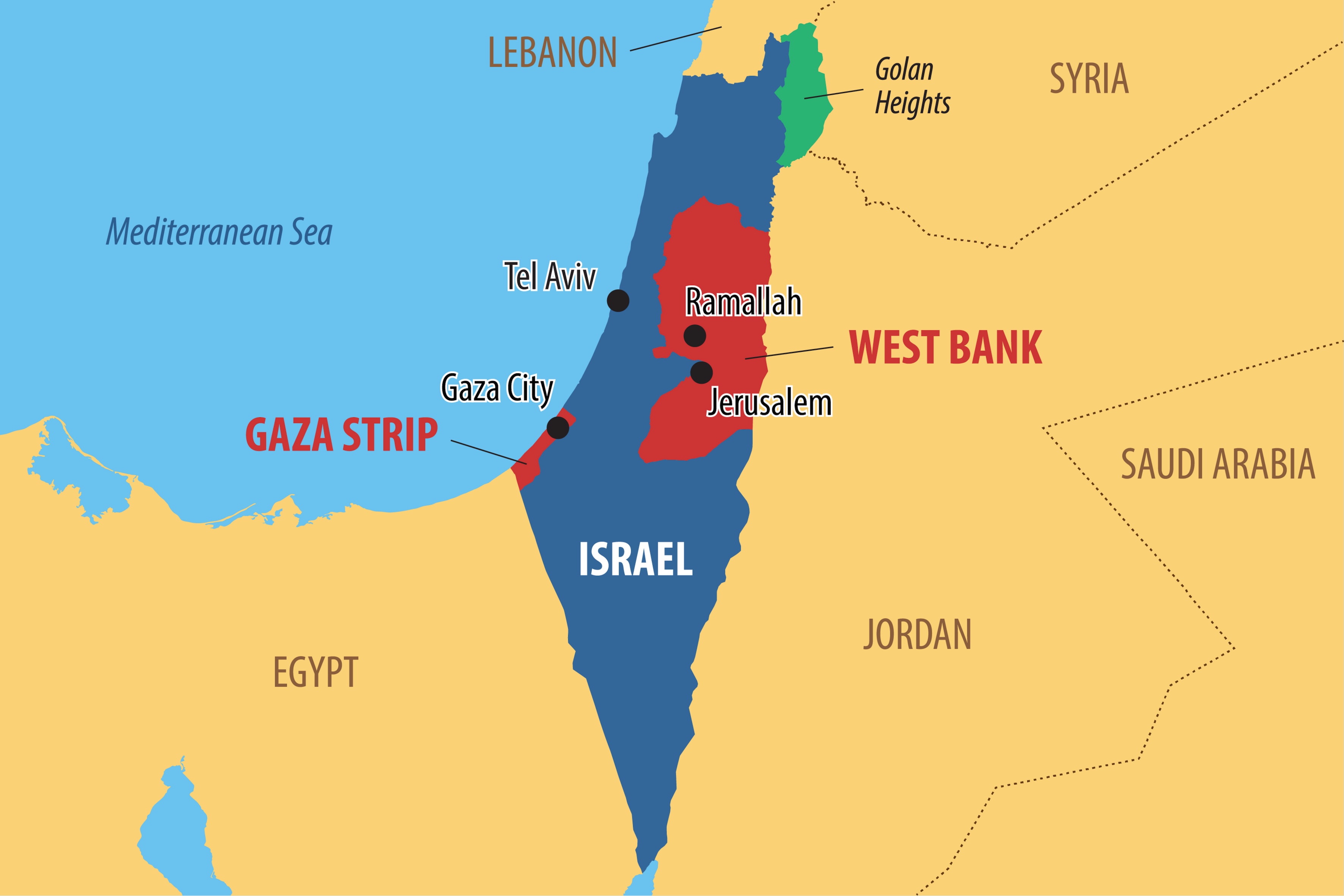
The war in Gaza is escalating and regional powers such as Iran and Turkey are temporarily out of the picture as deals are struck with other countries in the region.
The US strikes on the Houthis in Yemen carried American messages to Iran that it must stop supporting and arming terrorist groups in the region such as the Ansar Allah (otherwise known as the Houthis) and Hezbollah. Hence, Israeli and American skirmishes and threats have brought the Houthi group into the open as a regional and international player. This is what made the war in Gaza entail deeper transformations than it seemed at the outset. The Gaza war and the regional transformations it led to has revealed an American-Israeli plan aimed at redrawing the map of the Middle East.
Although Iran-backed Hezbollah initially supported the Gaza war, it found itself in the most dangerous confrontation in its history, especially after the elimination of Hezbollah's first and second-tier leaders, their deputies, and their successors. At the forefront of these leaderships were Secretary-General Hassan Nasrallah and more than 400 other party leaders. This was in addition to the assassinations of Hamas leaders', including Ismail Haniyeh, inside Tehran. Consequently, it appeared that there was a decline in Iranian influence.
The Houthi group announced its support for Gaza by launching missiles at Tel Aviv, Israel's capital, which were ineffective. There were also attacks and piracy on ships in the Red Sea, which significantly affected shipping but did not harm Israel; most of the missiles were intercepted or had lost their effectiveness before reaching the country. However, these attacks did harm to shipping in the Red Sea and resulted in huge losses amounting to approximately USD800 million per month. Egypt also saw a decrease in income from the Suez Canal.
With the strikes launched against the Houthis in Yemen and the US threats, Iran announced it was withdrawing its support for the Houthis. The British newspaper, The Telegraph, quoted a senior Iranian official as saying that Tehran had ordered its military in Yemen to leave the country. This Iranian retreat occurred when the US air campaign against the Houthi group escalated significantly. The Telegraph quoted the Iranian official: "This step aims to avoid direct escalation with the US, should an Iranian soldier be killed."
Previously, Iran announced a partial abandonment of Hezbollah, considering the Lebanese issue an internal matter. This appeared to be another decline in Iranian influence.
The effects of the war in Gaza have extended to Lebanon, Syria, Yemen, Iran, and other countries. It has also had a direct impact on Egypt and Jordan. This war, which began with the Al-Aqsa Flood, has undermined established principles and red lines, imposing a different approach that places Palestinian interests above those of factions.
This is why Egypt has faced propaganda wars and lies, and confronted plans to displace the people of Gaza and liquidate the Palestinian cause. Egypt is exposed to intense rumor campaigns aimed at casting doubt on its historical and steadfast role in supporting the Palestinian cause. These campaigns, which are spreading through the media and social media, seek to undermine confidence in Egypt's efforts to resolve the Palestinian crisis, whether through diplomatic mediation or humanitarian aid.
Prior to this, Egypt had been striving to achieve Palestinian reconciliation to end the division that had opened avenues for foreign and regional interference. The claims made by some regional powers receded after October 7, but that date has been used as a pretext to relaunch displacement plans that Egypt had already countered.
Now, with all the incidents perpetrated by Israeli forces in Gaza and the exposure of Israel's plans to distort Egypt's role, there is a responsibility on the various Palestinian parties to regain the initiative toward self-imposed unity.